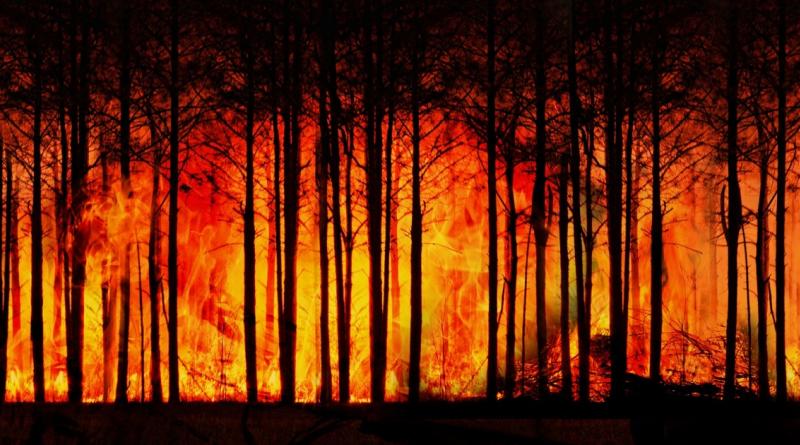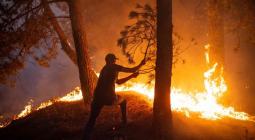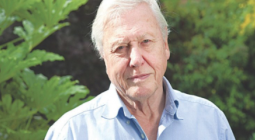Statement by Inger Andersen on wildfires across Europe, North America and other parts of the world

While wildfires are a normal and even essential process in nature, there is nothing normal or natural about the blazes we are seeing raging across Europe, North America and other parts of the world.
The United Nations Environment Programme (UNEP) is deeply concerned about the loss of life and property, the impacts on human health, and the loss of nature. This includes damage to agricultural areas in a world already facing rising food costs and water scarcity. The long-term effects of widespread wildfires – including air pollution and biodiversity loss – are also deeply concerning.
These intense wildfires are only going to worsen the triple planetary crisis of climate change, nature and biodiversity loss, and pollution and waste – just as they are in large part caused by it. Science tells us that these massive and tragic fires are an inevitable and growing consequence of climate change. In fact, the increase in the frequency and intensity of wildfires – wildfires people are now living and dying through – were forecast as early as the 1990s.
But now is not a ‘told-you-so’ moment. It is a moment to act to stop fires getting worse, faster. On humanity’s current course, global warming and land-use change are projected to increase extreme fires by up to 14 per cent by 2030, 30 per cent by the end of 2050 and 50 per cent by the end of the century.
We must rapidly reduce greenhouse gas emissions by transiting to clean and efficient energy, transforming our economies to place healthy nature at the heart of decision-making, and so much more. But the sad truth is that we have already altered our climate. Even if we do meet the goals of the Paris Agreement, it will take decades for temperatures to drop. We need a new ‘Fire Ready Formula’ backed by public spending to minimize the risk of extreme wildfires.
Such a formula demands that we invest more in risk reduction instead of reactive management. That we work with local communities and indigenous peoples to protect their lands and harness their knowledge. That we strengthen global commitments to slow and adapt to climate change. That we recognize the role of high-quality ecosystem restoration in minimizing the risk of wildfires.
At the UN Climate Conference in Egypt this November (COP27), UNEP will join Member States, UN agencies, the private sector and civil society in calling for enhanced ambition and finance to mitigate and adapt to climate change.
At the same time, UNEP continues to provide the science, tools and assessments to guide evidence-based policy that manages and reduces the impacts of wildfires.
UNEP urges Member States to take the necessary measures to extinguish the ongoing fires, prevent further ones, and protect and restore ecosystems. At the same time, we must all look at what we can do in our lives to reduce our emissions – with a particular onus on big corporations, investors and the wealthy.
When the world is burning, we must all become firefighters.
Inger Andersen, Executive Director of the UN Environment Programme | https://www.unep.org/
NOTES TO EDITORS
Earlier this year a report by UNEP and GRID-Arendal, Spreading like Wildfire: the rising threat of extraordinary landscape fires, set out not just the scale of the problem - with a global increase in extreme fires up by 14% by the end of 2030 and 50% by the end of the century - but also steps to take for prevention.
For more information and to coordinate interviews with experts who have authored the wildfires report please contact:
Keishamaza Rukikaire, Head of News and Media, UN Environment Programme




